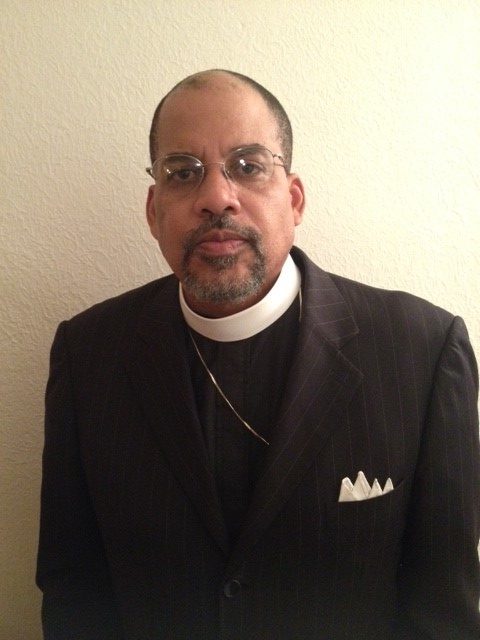The Cross of Being a Person of Color in the United States
By Dr. Herman O. Kelly, Contributing Writer
The cross is a symbol of the Christian faith. It represents our belief and faith in Jesus Christ. During the civil rights era, the cross was burned in yards by the KKK. This White supremacy group used the cross to carry out their evil beliefs and propaganda.
The cross has been used for evil and good. Sometimes we see the cross as a burden or some difficult situation one must endure. I want to argue that as people of color in this country, we bear a cross as we live, worship, study, and support this economy.
As Simon of Cyrene was compelled by the Romans to carry the cross of Jesus of Nazareth, we too have been compelled to bear the cross because of our ethnicity and existence in this country. As people of color, we have experienced racism, discrimination, and ostracism in these United States. The cross gets heavy sometimes but we carry it by faith, purpose, and power.
First, we carry the cross by faith. As people of color, the strength of our existence is grounded in a faith in Almighty God, who gives strength to the weak. Howard Thurman wrote in The Inward Journey, “One’s personal journey with God is the most profound journey one can take.” This inward journey of faith gives people of color the strength to carry and endure the cross.
We have observed many acts of violence against people of color lately. The random killings, burning of churches, and violent words waged against a person of color in Congress. It is an unshaken faith in the Holy One, which underpins people of color, which gives the strength to carry the cross as Simon did for Jesus of Nazareth.
Secondly, we carry the cross for purpose. In our redemptive suffering, as Martin L. King teaches us, we save ourselves as we save others. I am not suggesting that we should enjoy suffering but suffering is a part of the cross. We must become wounded healers in a hurting world.
Henry Nouwen, in The Wounded Healer, talks about how wounds can assist in our healing. Could it be that our suffering may heal an evil society? We will not become the Messiah; but when we suffer, God can give us healing. In Ellie Wiesel’s Night, he talks about suffering in a dramatic narrative. The narrative happens when a young man is hung by SS Nazi soldiers. The young man dangles in the air. The soldiers ask the question, “Where is your God now?” Wiesel responds, “God is there is the suffering.” When we suffer as people of color, God is with us.
Lastly, we find power in our suffering. Frederick Douglass wrote, “No struggle, no progress.” As people of color, we should see the power in our suffering. We should see an inward strength that comes with suffering. The cross people of color bear should not be seen as a burden but as a blessing.
Why do we carry this cross? Why is our existence in this country so difficult? Our forebearers sang, “Over my head I hear music in the Air, there must be a God somewhere?” This God of our ancestors is still a very present help for us today. Our mandate is to tell our story to another generation. We should tell our children, grandchildren, and great-grandchildren about a God that keeps us, a Savior that saved us, and a Spirit which directs us in a hurting and mean world.
Dr. Herman O. Kelly, Jr. is the pastor of Bethel AME Church in Baton Rouge, Louisiana. He is a graduate of Morehouse College, Springfield College (M.Ed.), Boston University School of Theology (M.Div.), and the Memphis Theological Seminary (D.Min.). He is an adjunct professor at Louisiana State University in the African and African-American Studies Program and the School of Education.





